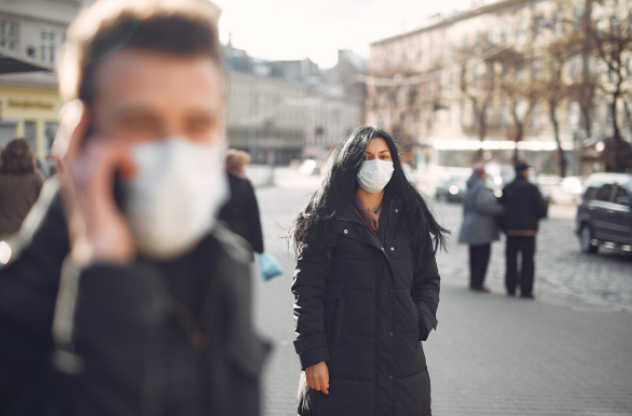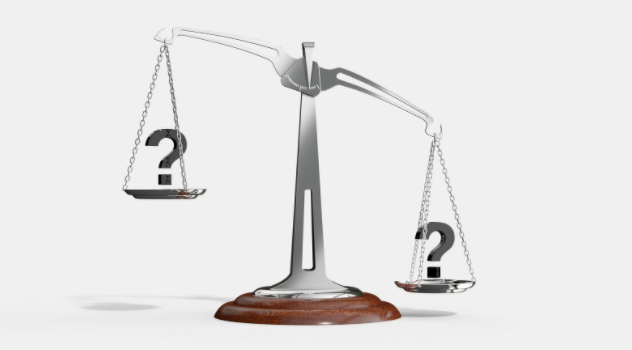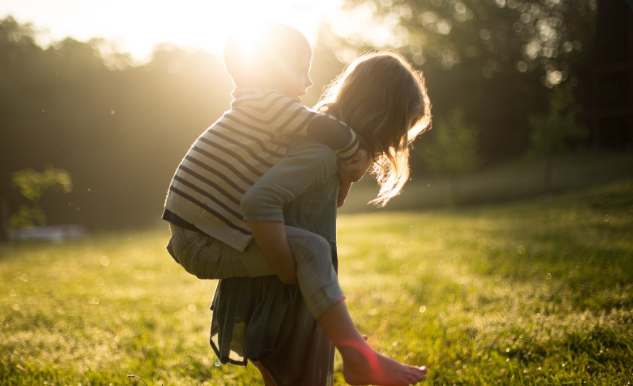The Individual and the Collective: How is COVID-19 affecting our social relationships?

He says that humans exist in the world by continually constructing their reality in response to their environment. So even without a global pandemic, our sense of ourselves and our relationships with others is not stable or certain. According to Dr Sambaraju, we are constantly making sense of who we are and how we relate to others. Now, at the same time, we are also constantly reimagining what the pandemic is and how it relates to us and our loved ones.
People can find this variability and sense of flux very demanding. It also makes it difficult, from a psychological research perspective, Dr Sambaraju says, to determine how the pandemic is affecting us. According to Dr Lorraine Swords, whose work focuses on developmental psychology and the health of children and adolescents, during the pandemic – in Ireland and globally – family homes have “extended their primary purpose to become workplaces, classrooms, fitness studios—whatever was needed so that some semblance of normal daily life could continue in abnormal times.” This change has been testing for many, but some families have also “experienced job loss, bereavement, domestic violence, isolation, or otherwise found the weeks of quarantine challenging for wellbeing. As this new phase of the pandemic continues, it is important to deal with the sequelae of what has gone before and support families who have not fared so well.”
In terms of our relationships, the pandemic not only affects our links with our family members, partners, and friends, but also our relationship as “citizens” with “the State.” When the lockdown period began back in March, the 2020 election was only just behind us. The Irish public continued to be guided by then Taoiseach Leo Varadkar’s regular, carefully-crafted addresses to the nation, together with the expertise of Chief Medical Officer Dr Tony Holohan. As the uncertainty around the virus grew, and our experience of everyday life drastically changed, our relationship with the State changed too. According to Dr Sambaraju, we tended to trust Government announcements more than we usually would. We looked to these announcements for solace and guidance, and the public’s compliance with them was, and continues to be, policed among and between citizens themselves as well as in the usual “official” ways.
The message of us all being “in this together” was a strong one, evoking war-time crises which required a national effort. According to American cultural critic Lauren Berlant’s essay on “Citizenship,” citizenship is “a relation among strangers who learn to feel it as a common identity based on shared historical, legal, or familial connection to a geopolitical space.” The key term here is “learn”: we learn to identify common bonds. And during this pandemic, an understanding of the necessity of compliance to the guidelines issued by the State – compliance as citizens – was quickly learned and enforced as a method of “flattening the curve” and managing collective anxiety. Violating Government orders, Dr Sambaraju points out, is not uncommon, as people break laws all the time. However, now it is seen as essential to comply. Those who do not are faced with social judgement, and often perceived as committing a social harm, which they are required to justify (we see this now with the recent debate around international travel and the “green list”).
According to Berlant: “Citizenship is the practical site of a theoretical existence, in that it allows for the reproduction of a variety of kinds of law in everyday life. It is an abstract idea on behalf of which people engage in personal and political acts, from cheating on taxes to pledging allegiance to fomenting revolutions. It is also, importantly, an ordinary space of activity that many people occupy without thinking much about it, as the administration of citizenship is usually delegated to the political sphere and only periodically worried over during exceptional crises or the election season.”

As argued by Berlant, “the contradiction between the sovereignty of abstract citizens and the everyday lives of embodied subjects has been structured by the administration of class hierarchies alongside formal democracy.” Class and economic inequality are central issues here. For those who are struggling in our society, Dr Sambaraju suggests it is “asking a lot” of them to imagine their place in the current crisis as being “in this together” with those who are less socio-economically, physically or emotionally challenged. From the perspective of social psychological research, Dr Sambaraju is looking at “the relation between our understandings of the pandemic and our own identities as precarious workers, working mothers, single parents, older adults, students, and so on. We make sense of the pandemic and its relevance for us in relation to how we see ourselves and others. The mutually constitutive nature of the crisis and our identities is central to understanding the impact the pandemic has and will continue to have on our actions and relationships.”
Dr Swords points out that children and young people are among “those who already experience varying types of marginalisation or disadvantage.” An example she provides is the “increased incidence of child abuse and neglect,” which “may not ease along with social distance restrictions as some risk factors for such maltreatment like economic pressure and parents’ poor mental health may continue for some time to come. For some children with special learning needs, changes in routines and access to services, along with difficulties understanding the new social rules and restrictions, can cause confusion, agitation and distress. For children with existing mental health difficulties, even temporary disruptions to therapies or treatments can be problematic.”

Dr Sambaraju argues that it is “too early for any of us to know the effects of the pandemic on social relationships,” especially as the situation continues to fluctuate. Dr Swords states that “a key feature is the anticipatory anxiety it creates for those considering the uncertain times ahead.” As parents consider the possibility of an oncoming recession, job losses, bereavement or ongoing health issues, Dr Swords emphasises the importance of considering children and young people and the ways in which the fallout of the pandemic will likely cast shadows over them as one of the most vulnerable groups in our society: “This intangible threat that is significant enough to close down schools, disrupt routines, restrict travel or any out-of-home activities, and necessitate physical and social isolation from friends and extended families can induce significant negative emotional and behavioural responses.”
For older adolescents, “their freedom and independence is being curtailed at a time that it is developmentally appropriate for it to be extended.” While there might a tendency for adults to dismiss teenagers’ frustrations, Dr Swords points out that “teens who are upset about missing their friends and disappointed about the cancellation or restrictions of social engagements don’t have the same lived experience as adults to weigh their losses against.” She also suggests that the increased use of technology – for learning as well as for communication and online activities – may be an issue over time, as “research has also shown that smartphone or internet overuse has its own associations with poor psychosocial or behavioural functioning.”
Because of the instability of the situation – the rising and falling number of cases, the threat of returning to a more stringent phase of lockdown – Dr Sambaraju states that people are “constantly reinterpreting the context in different ways. What the pandemic means is closely connected to how we see ourselves and our identities.” Our sense of community in Ireland may be profoundly influenced by our social and economic contexts during this pandemic, and the State has a responsibility to foster a sense of togetherness by engendering conditions of equality for those who live here.
Article by Dr Kate Smyth, Consultancy Development Officer, CONSULT Trinity, Trinity Research and Innovation.
For more information on academic consultancy visit CONSULT Trinity
Find out more about writing for researchMATTERS here.

